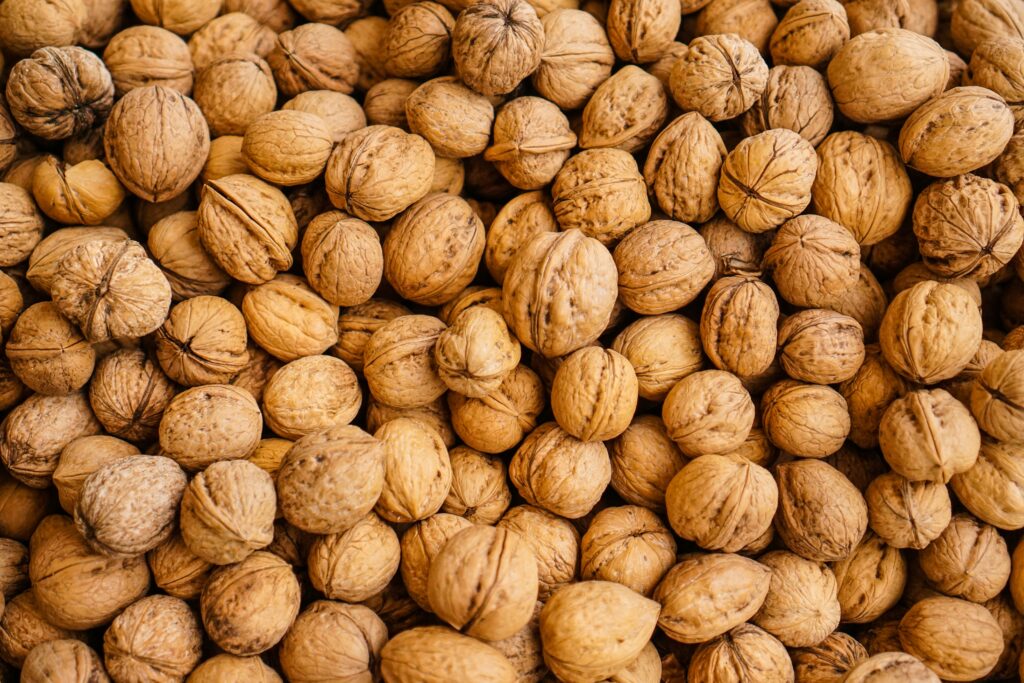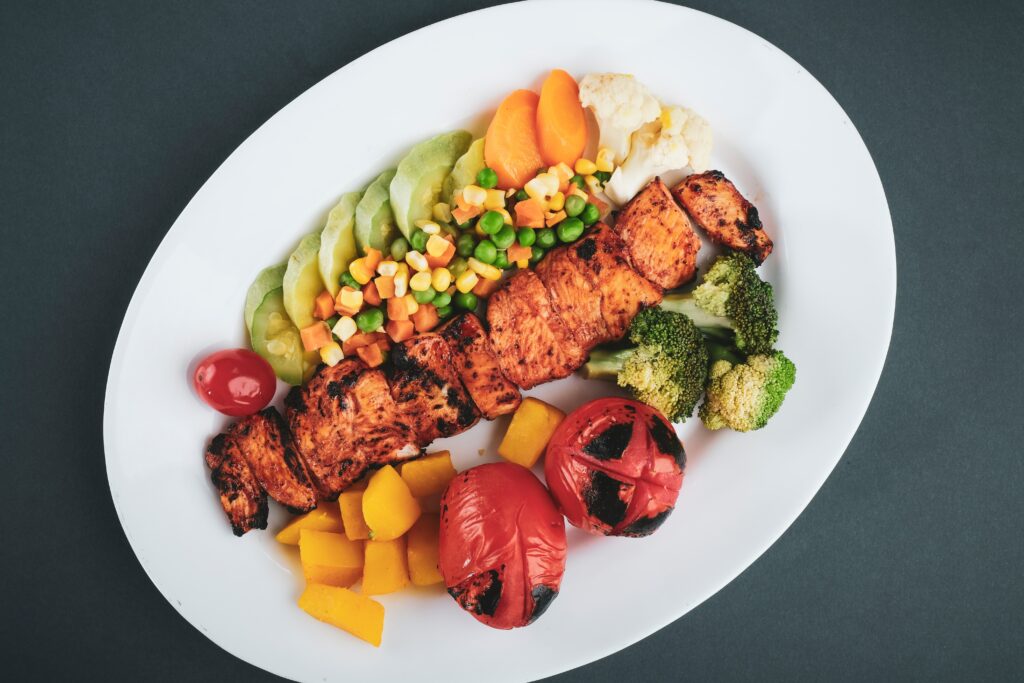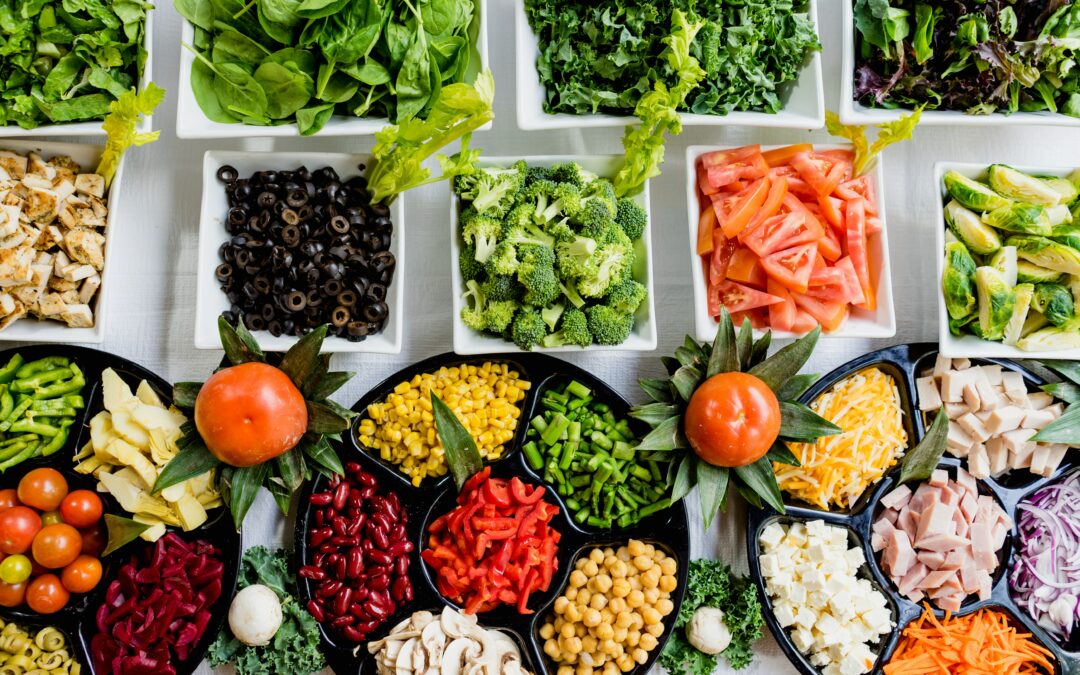Yogurt:
For breakfast, a snack, or even dessert, “yogurt is a good alternative,” Katie Andrews, M.S., R.D. adds, “but you have to manage the added sugar amount.” A nutrition healthy foods consultant for children, Katie is the owner of Wellness by Katie.
Healthy Foods, it meets all of your protein and vitamin D needs. A nutrient that many children are deficient in. Aside from that, yogurt contains probiotics, which are beneficial to the digestive system and assist it in performing its functions effectively.
Two. Eggs:
Vitamin D, vitamin B12, and iron are all found in a single big egg. Some eggs include omega-3 fatty acids, these foods are beneficial for the development of children’s brains. Do not worry about trans fats and saturated fats affecting your cholesterol levels more than eggs.

Scramble some eggs for your kids instead of pastries, fried meals, and processed meats for breakfast. Make egg salad or egg casseroles for your kids if they’re not fans of scrambled eggs. As a starter diet for infants, eggs are excellent.
Sweet Potato:
Short on time and looking for a healthy food meal?
To soften a sweet potato, poke a few holes in it and microwave it for 3-5 minutes until warm. Scoop it onto your child’s plate after slicing it in half lengthwise and cooling it down. Sweet potatoes are enticing to children of all ages, from six months old to sixteen years old. Vitamin A is abundant in several foods (over 300 percent daily value for an adult).
Fiber and potassium are two nutrients that are needed for a balanced diet. Keeping healthy blood pressure and heart requires cutting back on salt and

increasing potassium intake. Milk is the fourth ingredient listed. Because of the calcium and vitamin D foods , it contains milk aids in the development of healthy bones. One 8-ounce serving also contains 8 grams of protein, phosphate, vitamin B12, and potassium.
Should not give cow’s milk to infants until they are at least one year old. It’s okay to give your child whole milk till they’re two years old, but don’t let them have more than 32 ounces in one day. Low-fat milk, yogurt, and cheese contribute toward the daily target of three servings of dairy for children ages two and up.
If your youngster does not care for cow’s milk, there are numerous alternatives available on the market today. However, be sure to examine the nutrition labels and choose plain or unsweetened kinds for your children.
Seeds and Nuts:
Nutty and seed-based snacks are a great source of dietary fiber, protein, and omega-3 fatty acids, all lacking in crunchy kid snacks. You can offer a variety of nuts and seeds, like cashews, almonds, pecans, and a variety of others, to keep things interesting. Seeds may be a safe option for children with a tree nut allergy and a rich source of essential nutrients.
Magnesium is abundant in nuts and is essential for bone growth and energy generation. Spread peanut butter on peanut butter toast with chia seeds or flaxseed, or add chia seeds to smoothies. In place of breadcrumbs, use almonds, or create your granola bars.


Recent Comments